Let's change our thinking about development
QUOTATION: "Development is impossible without change, and those who cannot change their thinking cannot change anything."
George Bernard Shaw
Let's stop developing on credit
In the context of the necessary changes that must occur to stop global warming, the energy transition has come to the fore. It is already known that this is a necessary condition for sustainable development and further civilization progress. It applies to all aspects of our life, because everything we need for it involves the use of energy.1 We use more and more of it, because the developed world decided that the goal of development should be to increase consumption per capita (also favouring population growth) after the period of reconstruction from the war damage. In the 1950s, there were fewer than three billion people in the world. Since then, an economic machine driven by consumption and population growth has used more and more natural resources and has left more and more waste. The development of civilization on the credit of nature has caused the degradation of the Earth and is coming to an end. If we want further development, we must necessarily change our thinking about nature, because we are part of it. Our civilization can develop only with respect to nature, if it is to last. Another plan does not exist.
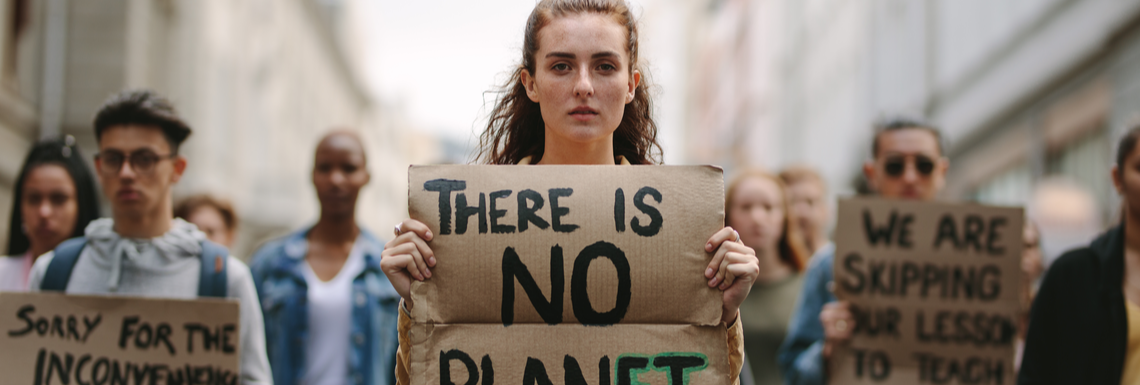 This is not a particularly revealing thesis; we have known about it for a long time. The concept of sustainable development was defined in 1987 by the United Nations. Sustainable development is considered as "development that meets the needs of the present without limiting future generations in the possibilities of satisfying their own needs.2 The barriers to growth (production and consumption) have been stressed loudly since at least 1971. Then, at the request of the Club of Rome, the barriers to exponential economic growth and population growth related to the limited supply of resources were examined by means of computer simulation. It was established that due to the absence of changes in historical growth trends, there would be barriers causing "a sudden and uncontrolled decline in both population and industrial capacity." These barriers can be changed to achieve sustainable ecological and economic stability. The sooner people in the world start to strive for it, the greater the chance of achieving it.3
This is not a particularly revealing thesis; we have known about it for a long time. The concept of sustainable development was defined in 1987 by the United Nations. Sustainable development is considered as "development that meets the needs of the present without limiting future generations in the possibilities of satisfying their own needs.2 The barriers to growth (production and consumption) have been stressed loudly since at least 1971. Then, at the request of the Club of Rome, the barriers to exponential economic growth and population growth related to the limited supply of resources were examined by means of computer simulation. It was established that due to the absence of changes in historical growth trends, there would be barriers causing "a sudden and uncontrolled decline in both population and industrial capacity." These barriers can be changed to achieve sustainable ecological and economic stability. The sooner people in the world start to strive for it, the greater the chance of achieving it.3 50 years have passed since the publication of the Rome Club report. The dynamic development of technology observed at that time not only moved, but even eliminated the raw material and energy barriers that could threaten the continued growth of consumption, making the degradation of natural resources and the accumulation of greenhouse gases in the atmosphere even larger. If we fail to change our thinking about development, progressing global warming will lead to climate change that threatens our civilization. This, in short, is the scientific consensus.
Climate safety is a public good, and the sphere of this safety exists within political choices. Science and knowledge influence the made current and future choices insofar as they shape public opinion. The pandemic lessons support this thesis. “Even if the COVID-19 crisis is just an event in modern history, it has a clear parallel with the climate crisis, carrying both health and economic impacts. Both the pandemic and climate change are potentially devastating global problems and require urgent corrective intervention. Although it inevitably creates losers, such intervention must in both cases be decisive and based on social consensus”.4
Let's take advantage of every moment
The pandemic is the result of the materialisation of the recognized risk of "disease X", which the World Health Organization (WHO) added in 2018 to its shortlist of epidemic diseases. “Disease X is the knowledge that a serious international epidemic can be caused by a pathogen that does not currently cause disease in humans. History shows that probably the next large epidemic will be something unseen so far. The addition of an "X" can seem strange, but the point is that we can flexibly prepare and schedule vaccines and diagnostic tests. We want to have plug and play platforms developed that will work for any or many diseases, that is systems that will allow us to quickly create countermeasures”.5 The crisis caused by the pandemic made the world aware that this risk, which scientists have been warning against for a long time, has just materialized, inter alia, due to the fact that no countermeasures were prepared in time. It is difficult not to see an analogy between this situation and the climate crisis. Scientists are convinced (scientific consensus) that a climate crisis will inevitably occur, if countermeasures are not taken. The World Health Organization has been accused of not having prepared us adequately for the pandemic. Today we know that the acceleration of work on the COVID-19 vaccine and the start of vaccination in 2020 showed that it could be done. This is an important lesson from the pandemic, which already begin to make up for.
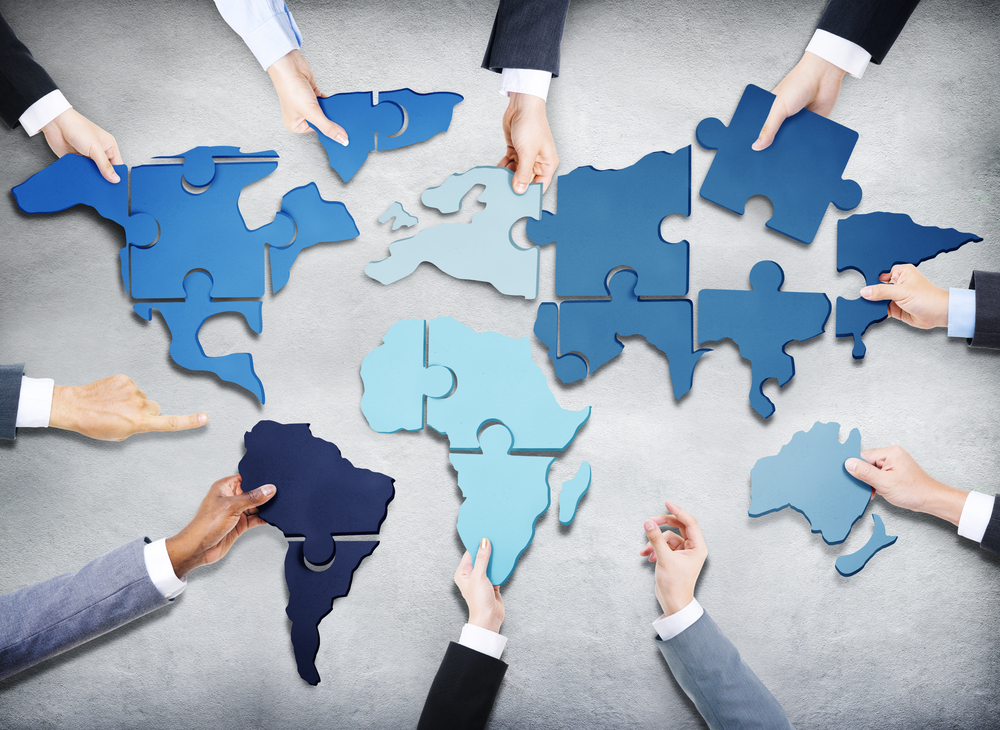
The world of politics and business (unfortunately still not fully) drew conclusions from it quickly, that is already at the beginning of the pandemic. The development of plans and strategies has accelerated, as currently defined as the fight, not against climate change but against the climate crisis. The societies of an increasing number of countries believe that global warming can be stopped. More and more governments have declared that they will achieve the goal of reducing greenhouse gas emissions to zero (in net terms) by 2050. Countries that have already made this declaration in official documents account for more than half of the global GDP generated in 2018, and more are considering its introduction. The first group includes the European Union, China (in 2060) and the USA.6 Not only countries but also companies declare to achieve net emissions neutrality by 2050. These include oil and gas companies such as BP, Shell, Total, ENI, Repsol, Equinor (formerly Statoil). In September 2020, PKN ORLEN joined this group, being the first in the region and in the top ten in the world.7
The pandemic has become a threat to our health and life. It has forced the world to coordinate its defence of social isolation in order to reduce human contact. It was necessary to react quickly on a massive scale, cooperating with other countries, which could not have been done without government intervention, which gained wide public understanding and support. The interventions themselves have also shown that if we, as a society, are successfully convinced, we will quickly adapt to new living conditions. The analogies of this situation to the climate crisis are another reason mobilizing politics and business to accelerate the fight, to develop action plans in the long term and to tighten international cooperation in order to coordinate actions. Will we be able to smoothly move from ambitious plans to effective actions?
Let’s present challenges honestly
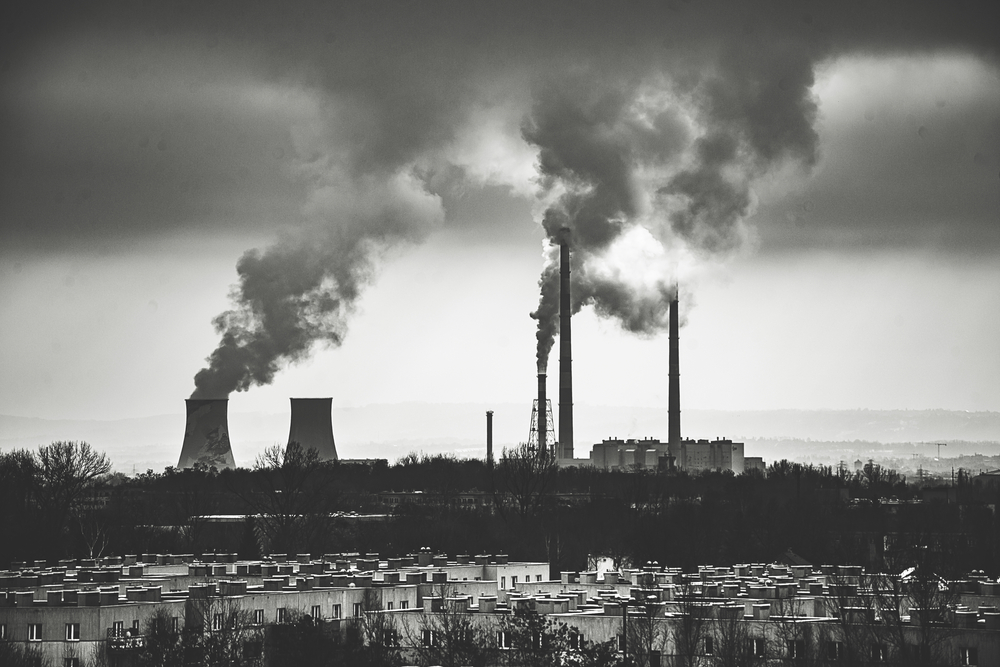
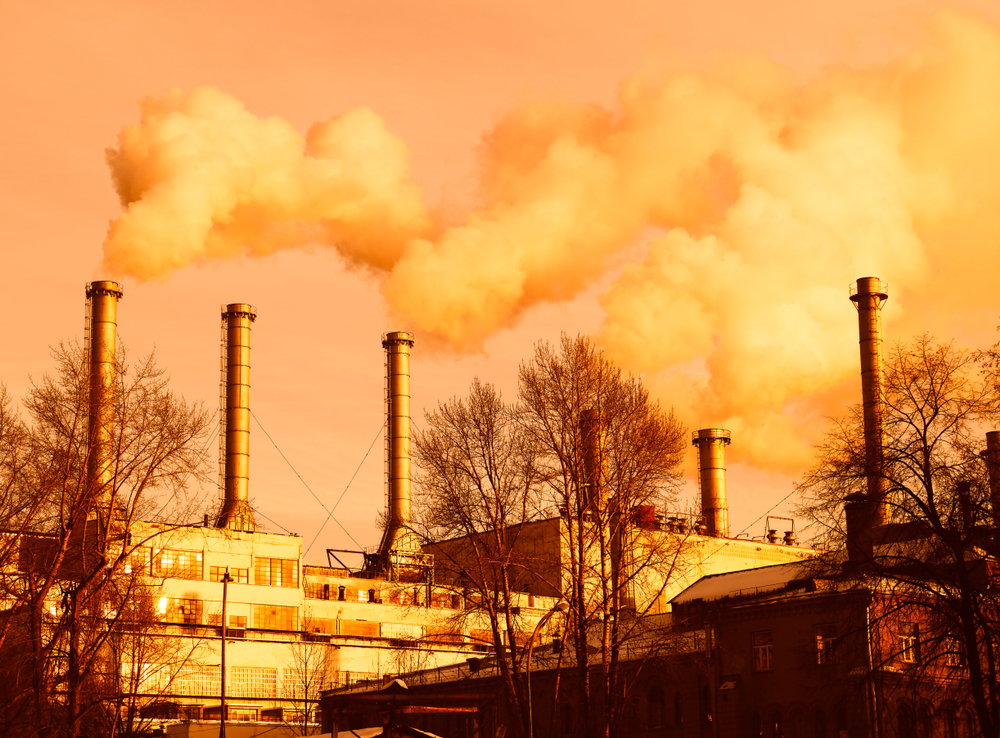
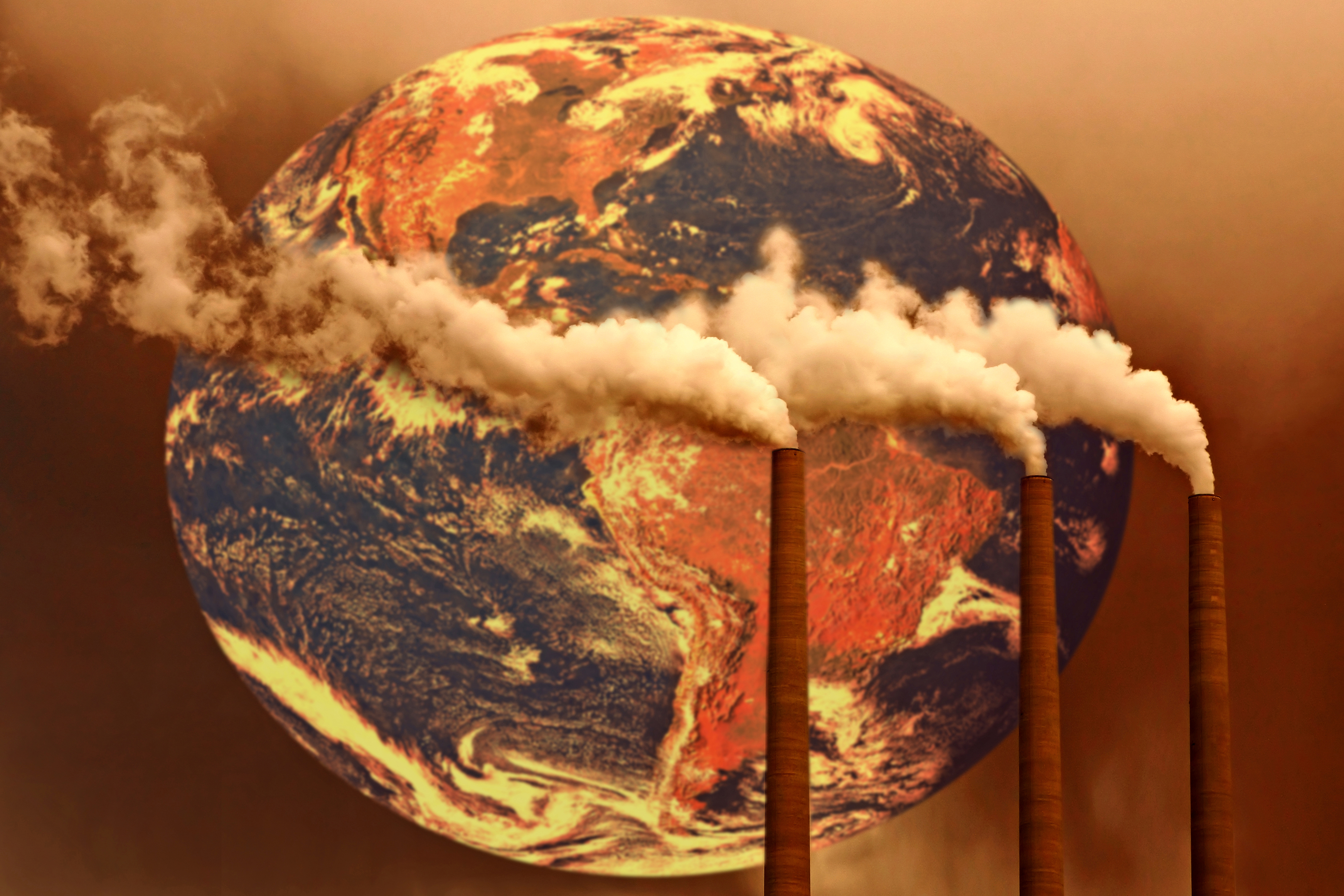
According to the current state of knowledge, achieving a net zero emissivity is technologically possible. However, defence against the climate crisis is a very big challenge for many reasons. It requires a strict transformation of the development model, that is, how we live, how we produce, and how we deal with nature. The challenges involve such technologies that you have to think of, the money you have to find for it, but most of all the changes in the way of life that you have to accept. Time distance is also a challenge, making it difficult to relate a distant (uncertain) effect to today's specific action. According to Bill Gates, "however, we will not solve a serious problem like a climate catastrophe unless we honestly realize how much we have to do and what obstacles will have to be overcome”.8 Persuading the society to change the way of life will be the most difficult obstacle to overcome, due to the fact that a human, if he/she has a choice, will adapt slowly.
- Polluter pays. In the final analysis, consumption is the reason for pollution, because it produces what the consumer buys. The full internalized costs of pollution of the atmosphere and nature must be passed on to consumption.
- Public goods such as key infrastructure and research are available. The state institutions are responsible for ensuring the availability of these goods. Emissions are a negative external and global public evil. Research and Development is a public good. Markets can do a lot, but without a state providing infrastructure and research, they will not solve the problem of excessive emissions and resource exploitation.
- The principle of net benefit to the environment applies. Any damage to the climate and the environment must be more than compensated for in line with the precautionary principle. There is always uncertainty about the scale of the damage and the cost of repairing it. For this reason, whoever hurts, he/she must pay more.
- The principle of intergenerational equality. It is important not only to avoid current emissions, but also those that are discharged to future generations. In order to implement this principle in practice, the resources at least as good as inherited ones are required to be passed on to the next generations. The point is not to decrease the natural capital.
Summarizing the operation of these principles, in order to include consumption in disposable income, from which we will now cover the full costs of greenhouse gas emissions and resource utilization, we will have to consume far fewer material goods and services. In return, we will regain the conditions for further development, respecting nature. This is the only chance we have.
This is similar to the change of a person who is seriously overweight, threatening his/her health and life. In order to lose and then maintain weight and start living a healthy life, you have to give up many products, services and consumption habits. In return, we regain health and quality of life.
Let's start properly measure development
Does this mean that we will not develop in a sustainable economy? We cannot talk about continuing development in its present form. The current level of GDP (and consumption) is unsustainable due to the fact that GDP measures the increase in value added that we obtain on credit, benefiting from resource degradation. This is because the expenditures do not consider the full cost of avoiding emissions and disposing of the resources used, and therefore many unprofitable products generate apparent added value.10 If the costs of production (internalize) fully include the costs of (avoiding) greenhouse gas emissions and rebuilding all resources we use, we will not be able to finance the basket of goods and services that we consume today. This basket includes, for example, durable goods owned and used to a small extent relative to their potential. A private car used no more than two hours a day, or an electric drill used even less frequently are examples of such a good. Therefore, an important role to play in the process of decarbonising the economy concerns new business models, enabling consumers to use an ever-wider range of durable goods at lower cost, on a "product-as-a-service" or "pay-as-using basis", without the need to invest in their exclusive ownership. Such solutions allow for the decrease of the share of material, but the level of actual satisfaction of consumption needs does not have to suffer. The consumption basket will adapt to the new base of sustainably produced products and services. Then there can be an increase in sustainable consumption as science and technology open up such opportunities. For this reason, the consumer needs to change his/her preferences and, instead of being proud of owning a car, prefer to be proud of his/her pro-ecological and pro-climate behaviour.

Let's build a social consensus
Society must be prepared for a change. What is the best way to do this? Science is the key to the future. In addition, we have a scientific consensus on fighting climate change. Therefore, there are proposals to leave it to science. Let scientists and experts decide how we will do it. As far as the role of science in shaping the future is essential, the decision about development made by the scientists is only a seemingly attractive solution.
The lessons from the pandemic suggest that this variant does not guarantee success, because scientists are not always right. In every field of science, many alternative hypotheses are examined or tested at the same time by various methods, which are often mutually exclusive. During the pandemic, the governments of many countries were guided by the recommendations of scientific experts who changed their minds over time (and due to the gained knowledge). The evolution of the approach to wearing medical masks can be a good example here. Leaving decisions to scientists will not work especially in the life sciences, where hypotheses are always considered in terms of probability. If the opinions of scientists on specific phenomena differ significantly, which in the natural sciences is rather a rule, not an exception, it will be worth creating the state of knowledge in a given area through a scientific consensus. Knowledge-based decisions should also be made considering probability, not certainty (which, for purely cognitive reasons, cannot be achieved).
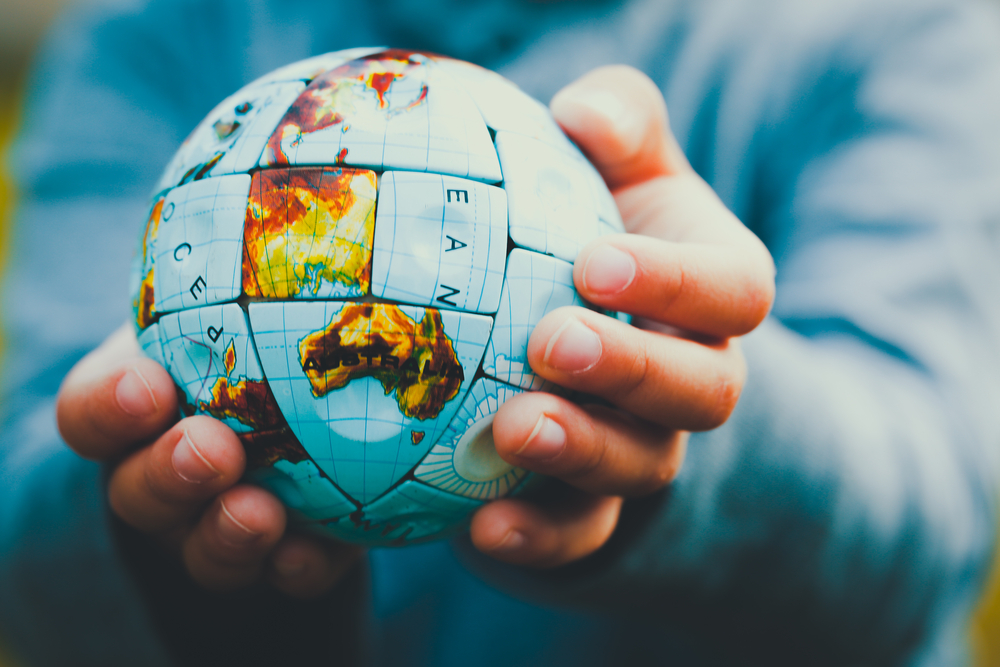
Pandemic showed that if we must, we can change it faster than we thought. The world potential (governments, science, business, society) to respond to the global events was impressive. Will we be ready globally for major living changes, if we are not convinced that we must? The climate crisis is slowly approaching in relation to the pandemic. We have single events occurring in different places of the globe, to which we get used, because we are not directly affected by them (droughts, floods, hurricanes) and we do not associate them with climate change. Providing information to what extent the damage is a result of global warming should be an element of wide public education. The level of smog is increasing, slowly destroying our health and shortening the life, to which we get used instead of counteracting it more effectively. Providing information on negative health effects in the local population (which we suffer from more often, how much shorter we live, how many people died from reasons related to smog) should also become an element of social education. This type of educational activities should involve cooperation on a global scale: the exchange of good and bad news, but also increasing awareness of the impact of specific local activities or their lack on the intensity of climate phenomena. Wide public support is critical to early action. The lack of information or underestimation of damage negatively affects the scale of that support.
Just as deciding whether or not it is time to open an economy should not be presented as a choice between lost lives and saved workplaces, actions to protect the climate do not conflict with economic development and should not be presented as such. On the contrary, these are the necessary steps to keep our civilization moving forward. The only possibility is the development with respect for the environment and climate. Fighting both the climate and the pandemic will in the short-term reveal winners and losers, leading to deepening social inequalities. It should be borne in mind that inequality can be exacerbated both by the threat itself and by mitigation strategies, which is an additional constraint on climate policy making. Stopping global warming depends on the extent to which global emissions can be reduced. This must be the result of international cooperation not only in terms of agreeing ambitious goals for the next decades, but above all in implementing the principle of climate solidarity. It is about the effectiveness of the compensation mechanisms. When planning these mechanisms, it is worth adopting the principle of equal efforts to decarbonise in different countries. If the energy transition is to become a climate protection program, it should be designed as a great crossing for everyone to overcome, not a race in which the weakest will be knocked out. This is a considerable task for politicians.
Author: dr Adam Czyżewski, chief economist at PKN Orlen
1https://napedzamyprzyszlosc.pl/raporty/transformacja-energetyczna-przyszlosc-zaczyna-sie-dzis
2Światowa Komisja ds. Środowiska i Rozwoju (WCED) ONZ, znana także jako Komisja Brundtland (od nazwiska jej szefowej) działała w latach 1984 1987 a wyniki jej prac zostały opublikowane przez ONZ w Raporcie Brundtland pt. “Our Common Future”, Oxford: Oxford University Press, 1987
3“The Limits to Growth. A Report for The Club of Rome’s Projections on the Predicament of Mankind” Donella H. Meadows, Dennis L. Meadows, Jtsrgen Randers, William W. Behrens III, Universe Books, 1972
4“Five Lessons from Covid-19 for Advancing Climate Change Mitigation”., David Klenert, Franziska Funke, Linsu Mattauch, Brian O’Callaghan, Environmental and Research Economics (2020) 76: 751-778
5https://pl.qaz.wiki/wiki/Disease_X [dostęp 02/04/2021]
6https://eciu.net/analysis/briefings/net-zero/net-zero-the-scorecard
7Aspiracje i cele PKN ORLEN S.A. w zakresie neutralności klimatycznej - PKN ORLEN [dostęp 06/04/2021] oraz szerzej https://napedzamyprzyszlosc.pl/blog/transformacja-energetyczna-zaczyna-sie-od-nas-od-konsumpcji [dostęp 06/04/2021]
8„Jak ocalić świat od katastrofy klimatycznej Rozwiązania, które już mamy, zmiany, jakich potrzebujemy” Bill Gates. Agora 2021.
9„Net Zero. How We Stop Causing Climat Change”, Dieter Helm, William Collins, 2020
10https://napedzamyprzyszlosc.pl/blog/gospodarka-rosnie-czy-sie-rozwija
11https://mitsloan.mit.edu/ideas-made-to-matter/4-lessons-covid-19-to-help-fight-climate-change [dostęp 02/04/2021]




